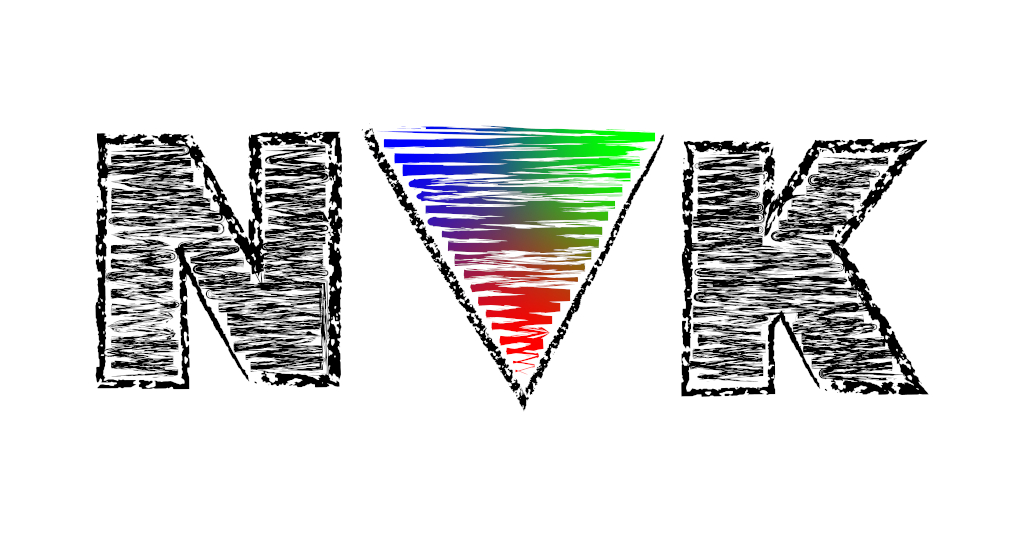Why does Techno Mage need headphones? Does the OpenWellington not support sound drivers?
Atemu
Interested in Linux, FOSS, data storage systems, unfucking our society and a bit of gaming.
I help maintain Nixpkgs.
https://github.com/Atemu
https://reddit.com/u/Atemu12 (Probably won’t be active much anymore.)
- 28 Posts
- 695 Comments

 2·3 months ago
2·3 months agoOh, indeed! They’re under different orgs; that confused me.

 5·3 months ago
5·3 months agoThey should register a trade mark.
I am not. Read the context mate.

 2·3 months ago
2·3 months agoIs “Grouped Results” disabled in settings?
They were mentioned because a file they are the code owner of was modified in the PR.
The modifications came from another branch which you accidentally(?) merged into yours. The problem is that those commits weren’t in master yet, so GH considers them to be part of the changeset of your branch. If they were in master already, GH would only consider the merge commit itself part of the change set and it does not contain any changes itself (unless you resolved a conflict).
If you had rebased atop of the other branch, you would have still had the commits of the other branch in your changeset; it’d be as if you tried to merge the other branch into master + your changes.
The thing is, you can get your cake and eat it too. Rebase your feature branches while in development and then merge them to the main branch when they’re done.

 3·3 months ago
3·3 months agoCertainly better than the U.S. in that regard but I wouldn’t consider Germany “resilient” either.
Note that I didn’t say that you should never squash commits. You should do that but with the intention of producing a clearer history, not as a general rule eliminating any possibly useful history.

 6·3 months ago
6·3 months agoWhether this is bad depends on your threat model. Additionally, you must also consider that other search engines are able to easily identify you without you explicitly identifying yourself. If you can’t fool https://abrahamjuliot.github.io/creepjs/, you certainly can’t fool Google for instance. And that’s even ignoring the immense identifying potential of user behaviour.
Billing supports OpenNode AFAICT which I guess you could funnel your Moneros through but meh.
Edit: Phrasing.

 2·3 months ago
2·3 months agoI think you’re underestimating how huge of an undertaking a half-decent search index is, much less a good one.

 1·3 months ago
1·3 months agoI personally have not found Kagi’s default search results to be all that impressive
At their worst, they’re as bad as Google’s. For me however, this is a great improvement over using bing/Google proxies which would be the alternative.
maybe if I took the time to customize, I might feel differently.
That’s the killer feature IMHO.

 26·3 months ago
26·3 months agoYour search results look very different to mine:

Did you disable Grouped Results?
All the LLM-generated “top 10” listicles are grouped into one large block I can safely ignore. (I could hide them entirely but the visual grouping allows for easy mental filtering, so I haven’t bothered.) Your weird top10 fake site does not show up.
But yes, as the linked article says, Kagi is primarily a proxy for Google with some extra on top. This is, unfortunately, a feature as Google’s index still reigns supreme for general purpose search. It absolutely is bad and getting worse but sadly still the best you can get. Using only non-Google indices would just result in bad search results.
The Google-ness is somewhat mitigated by Kagi-exclusive features such as the LLM garbage grouping.What Google also cannot do is highlighted in my screenshot: You can customise filtering and ranking.
The first search result is a Reddit thread with some decent discussion because I configured Kagi to prefer Reddit search results. In the case of household appliances, this doesn’t do a whole lot as I have not researched trusted/untrusted sources in this field yet but it’s very noticeable in fields like programming where I have manually ranked sites.Kagi is not “all about” privacy. It’s a factor, sure but ultimately you still have to trust a U.S. company. Better than “trusting” a known abuser (Google, M$) but without an external audit, I wouldn’t put too much wight into this.
The index ain’t it either as it’s mostly Google though sometimes a bit better.
What really sets it apart is the features. Customised ranking aswell as blocking some sites outright (bye bye pinterest and userbenchmark) are immensely useful. So are filtering garbage results that Google still likes to return.

 27·3 months ago
27·3 months agoThat whole situation was such an overblown idiotic mess. Kagi has always used indices from companies that do far more unethical things than committing the extreme crime of having a CEO who has stupid opinions on human rights.
I 100% agree with Vlad’s response to this whole thing and anyone who thinks otherwise should question what exactly it is they’re criticising.I don’t like Brave (super shady IMHO) and certainly not their CEO but I didn’t sign up for a 100% ethically correct search engine, I signed up for a search engine with innovative features and good search results. The only viable alternatives are to use 100% not ethically correct search indices with meh (Google) to bad (Bing, DDG) search results. If you’re going to tell me how Google and M$ are somehow ethical, I’m going to have to laugh at you.
The whole argument amounts to whining about the status quo and bashing the one company that tries anything to change it. The only way to get away from the Google monopoly is alternative indices. Yes those alternatives may not be much more ethical than friggin Google. So what.
you also lose the merge-commits, which convey no valuable information of their own.
In a feature branch workflow, I do not agree. The merge commit denotes the end of a feature branch. Without it, you lose all notion of what was and wasn’t part of the same feature branch.
The only difference between a *rebase-merge and a rebase is whether main is reset to it or not. If you kept the main branch label on D and added a feature branch label on G’, that would be what @andrew@lemmy.stuart.fun meant.
You should IMO always do this when putting your work on a shared branch
No. You should never squash as a rule unless your entire team can’t be bothered to use git correctly and in that case it’s a workaround for that problem, not a generally good policy.
Automatic squashes make it impossible to split commit into logical units of work. It reduces every feature branch into a single commit which is quite stupid.
If you ever needed to look at a list of feature branch changes with one feature branch per line for some reason, the correct tool to use is a first-parent log. In a proper git history, that will show you all the merge commits on the main branch; one per feature branch; as if you had squashed.Rebase “merges” are similarly stupid: You lose the entire notion of what happened together as a unit of work; what was part of the same feature branch and what wasn’t. Merge commits denote the end of a feature branch and together with the merge base you can always determine what was committed as part of which feature branch.
…or you simply rebase the subset of commits of your branch onto the rewritten branch. That’s like 10 simple button presses in magit.
Because when debugging, you typically don’t care about the details of
wip,some more stuff,Merge remote-tracking branch 'origin/master',almost working,Merge remote-tracking branch 'origin/master',fix some testsetc. and would rather follow logical steps being taken in order with descriptive messages such ascomponent: refactor xyz in preparation for feature,component: add do_foo(),component: implement feature using do_foo()etc.























If you’re worried about that, I can recommend a service like Tailscale which does not require permanently open ports to the outside world, offering quite a bit more security than an exposed traditional VPN server.